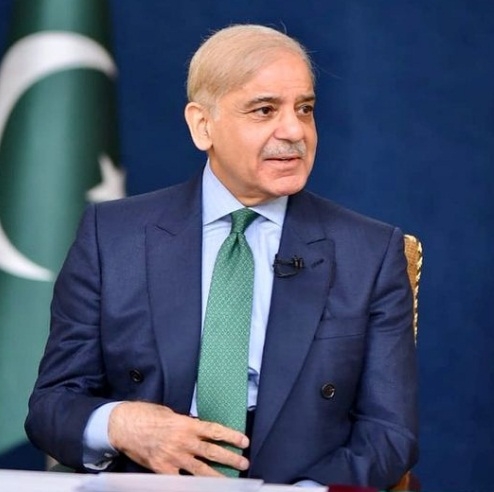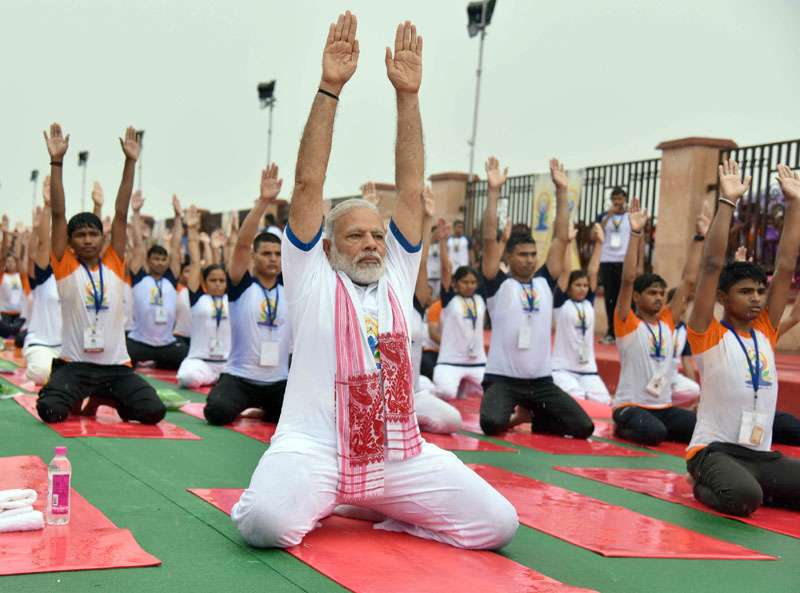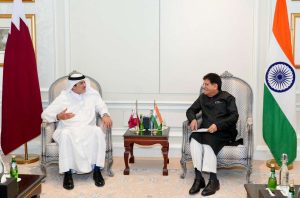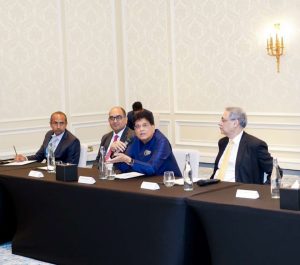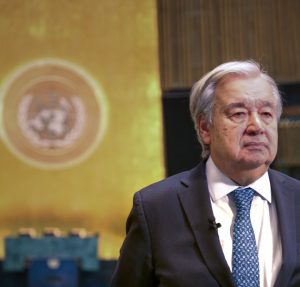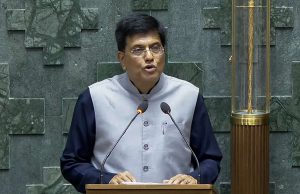With elections a few months away, the Sharif-led PDM government is about to come to an end with each of the constituents eager to go it alone. This is the peak season for political engineering. For the Generals, it is also the time to use all instruments at hand. TLP is one such instrument for political manoeuvring, much like the Jamaat-ud Dawa in the past … writes Dr Sakariya Kareem
The Shehbaz Sharif government and General Asim Munir are on the same page at least on one point—to capitulate before extremist elements. First, it was the Pakistan Army which persuaded China to get the Taliban government in Afghanistan to help push the militant group, TTP, away from the border.
The pauper country is even willing to pay for the translocation of the militant group which has been causing a serious threat and shame to the all-powerful army. Second, it was the Shehbaz Sharif government’s recent agreement with another militant group, Tehreek-e-Labbaik Pakistan (TLP), which has been threatening to take out a long march to Islamabad over blasphemy.
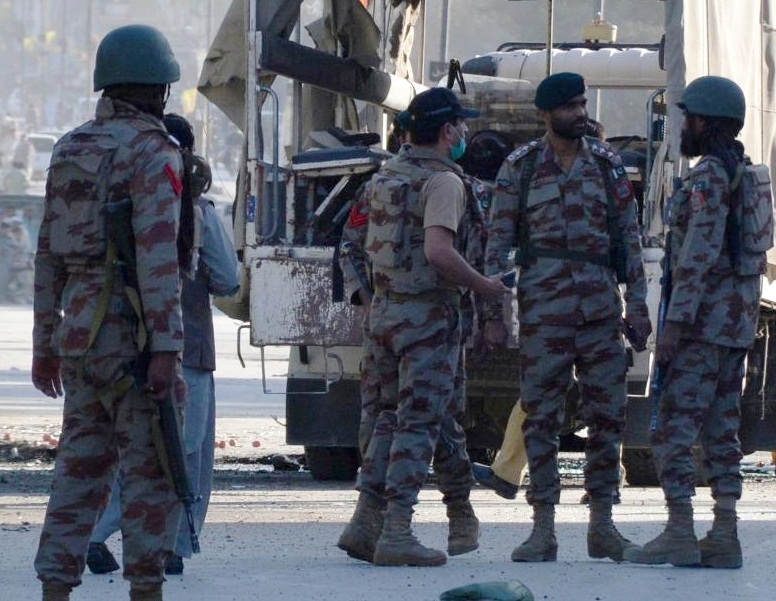
The group wants more rigid anti-blasphemy laws and persecution in the country, a move which will terrorise the minorities even more. Both extremist groups were not long ago supported by the Pakistan Army but in the past year, things have turned a little different. The Tehreek-e-Taliban (TTP) is an ally of the Afghan Taliban which is an ally of the Pakistan Army. In the war against the US-led forces, the Pakistan Army helped the Afghan Taliban as a close ally, with weapons, training and intelligence. One of the key allies of the Taliban in this fight was TTP.
In other words, till 2021, TTP was helped by the Pakistan Army to defeat the Western forces which had clubbed Pakistan as a “non-strategic non-Nato ally`, a war buddy.
The Pakistan Army’s strut became lame when the Afghan Taliban changed colours after the victory in Kabul and told the Generals that TTP was not their enemy. The TTP had other ambitions–it wanted to recapture its old territories in the Pakhtun-dominated tribal areas of Pakistan. Since they were allies, and there was a secret pact between them, the army allowed TTP to return to Swat and nearby areas until the locals rose up and told the Generals that they would not allow such a game again.
The army as usual was not keen to listen to the local anger but events put them in a jam–their protege, former Prime Minister Imran Khan did a u[1]turn on them. The old chief and his ISI chief retired. The new chief was not keen on the Imran Khan-Bajwa policy towards TTP. The militant group sensed the change in Rawalpindi and called off the truce as Asim Munir became the Chief of Army Staff. The TTP then threatened to launch attacks all over Pakistan, which they did as Munir was busy fighting an angry Imran Khan and smouldering Generals in his labyrinth.
The TTP carried out several attacks in Pakistan, mostly against police and security personnel, including the army. More than 180 soldiers have died since then. The number of civilians killed in the last six months has been over 500. The local policemen revolted, crying out that they were left to be fodder for the TTP cannon. The army threatened to take on the TTP militarily. At least two National Security Council meetings were held to figure out how to deal with Imran Khan and TTP.
Fake news was planted that the army was now preparing to launch a major offensive against TTP. But in reality, Imran Khan and his party seem to have been the main target as unfolding events have shown. Khan is now effectively without a party and faces the threat of being tried in an army court. The TTP, on the other hand, has managed to expand into new areas.
The beleaguered army in the meantime also launched extremist allies like TLP into the street. TLP was used not long ago to oust the Nawaz Sharif government. Although Imran Khan also benefited from the TLP arson and violence, he was forced to ban it when the militant group could not be brought under control.
Now it is the turn of the Shehbaz Sharif government. With elections a few months away, the Sharif-led PDM government is about to end with each of the constituents eager to go it alone. This is the peak season for political engineering. For the Generals, it is also the time to use all instruments at hand. TLP is one such instrument for political manoeuvring, much like the Jamaat-ud Dawa in the past.
So the militant group is back on to the street threatening the government of violence and arson. The group has threatened to take out a long march to Islamabad, an event which can pose a serious challenge for the Prime Minister. So, like Munir, he too has decided to capitulate before TLP. The moot question is whether this whole game is part of General Asim Munir’s political engineering.

